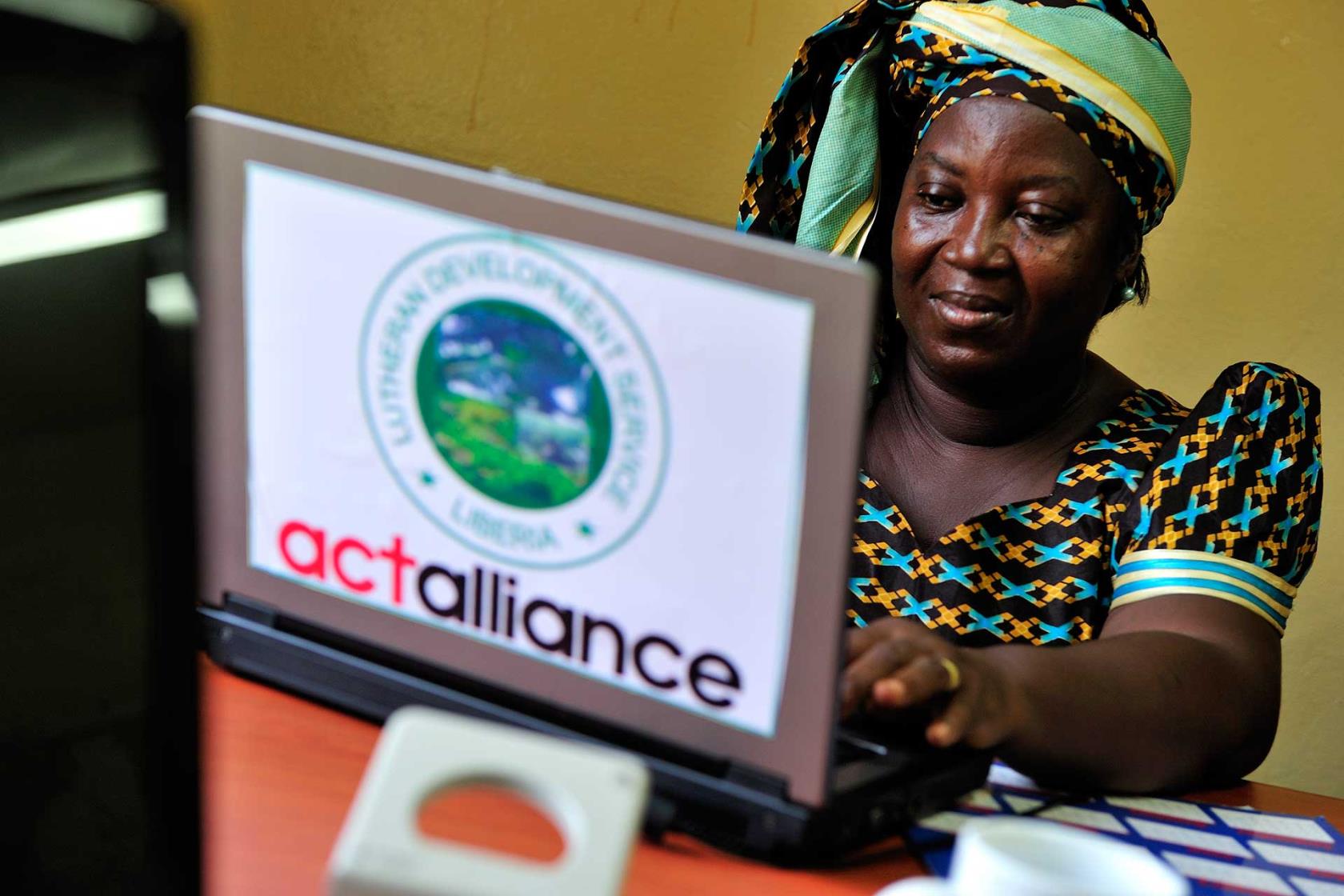The Church of Sweden is a member of ACT Alliance, contributing together with many other church organizations to relieving the situation of people struck by disaster.
Multilateral relations are given a regional dimension through involvement in the European Conference of Churches (CEC), founded in 1959. This body gathers Protestant, Anglican, Old Catholic and Orthodox churches, and it cooperates with the Council of European Bishops’ Conferences of the Roman Catholic Church (CCEE), to promote ecumenical cooperation in Europe, especially in relation to the EU.
Broad spectrum of denominations
Multilateral ecumenism at the national level is developed today through the work since 1993 of the Christian Council of Sweden (SKR – formerly the Swedish Ecumenical Council founded in 1932). This council has 28 member churches from a broad spectrum of denominations. Much of its work is based on the Charta Oecumenica, created by the CEC and CCEE in 2001 as a guideline for ecumenical work in Europe.
The Church of Sweden is also represented in The Swedish Missionary Council, and The Swedish Women’s Ecumenical Council.
International cooperation on peace and justice
The Christian World Conference on Life and Peace in Uppsala in 1983 led to the founding of The Life and Peace Institute there in 1985. This is a centre for research and other work for peace and justice of use to the churches and groups around the world. The Church of Sweden supports and takes part in the activities of the Global Christian Forum, which is a network which arranges encounters where churches involved in the organized ecumenical movement can meet those that keep aloof from it.
